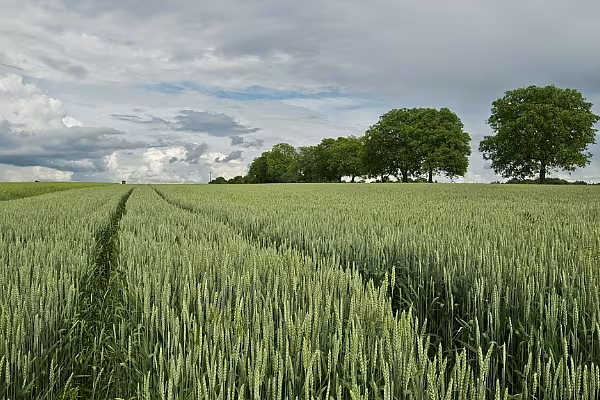Denmark's agricultural and forestry sector must reduce greenhouse gas emissions by 55% and 65% by 2030 compared with 1990 levels, a majority in parliament agreed.
The new legally binding target is part of the government's action plan towards reaching 70% reductions by 2030, one of the most ambitious climate goals in the world.
Without any new initiatives, the sector's greenhouse gas emissions by 2030 is estimated at roughly 15 million tonnes of carbon dioxide (CO2) equivalents, the government said.
'A Binding Goal'
"With a binding goal, we ensure that the agricultural sector delivers a historically high reduction and that we focus on plant protein, pyrolysis and organics," said minister for food, agriculture and fisheries, Rasmus Prehn.
The agreement also includes a target to reduce nitrogen emissions by 10,800 tonnes in 2027.
It said roughly DKK3.8 billion ($593 million) of state funds would be funnelled towards the sector's green transformation as part of the agreement.
Read More: On The Path To Net Zero – The Challenges Our Food Chain Is Facing
While the Danish Agriculture and Food Council, the industry's lobby organisation, said it was broadly satisfied with the agreement, environmental group Greenpeace was more sceptical, calling it "unambitious".
"A binding reduction target for agriculture of as little as 55% by 2030 is a parody which pushes responsibility on to other sectors," said Kristine Clement, campaign lead at Greenpeace Denmark, in a statement.
Last month, the European Parliament's agriculture committee approved a deal to overhaul the European Union's huge farming subsidies, including new measures aimed at making agriculture greener.
In June, European Union countries gave the green light to reforms of the bloc's huge farming subsidy programme, after a three-year battle over rules to make it greener and support smaller farms.
News by Reuters, edited by ESM. For more Supply Chain news, click here. Click subscribe to sign up to ESM: European Supermarket Magazine.









